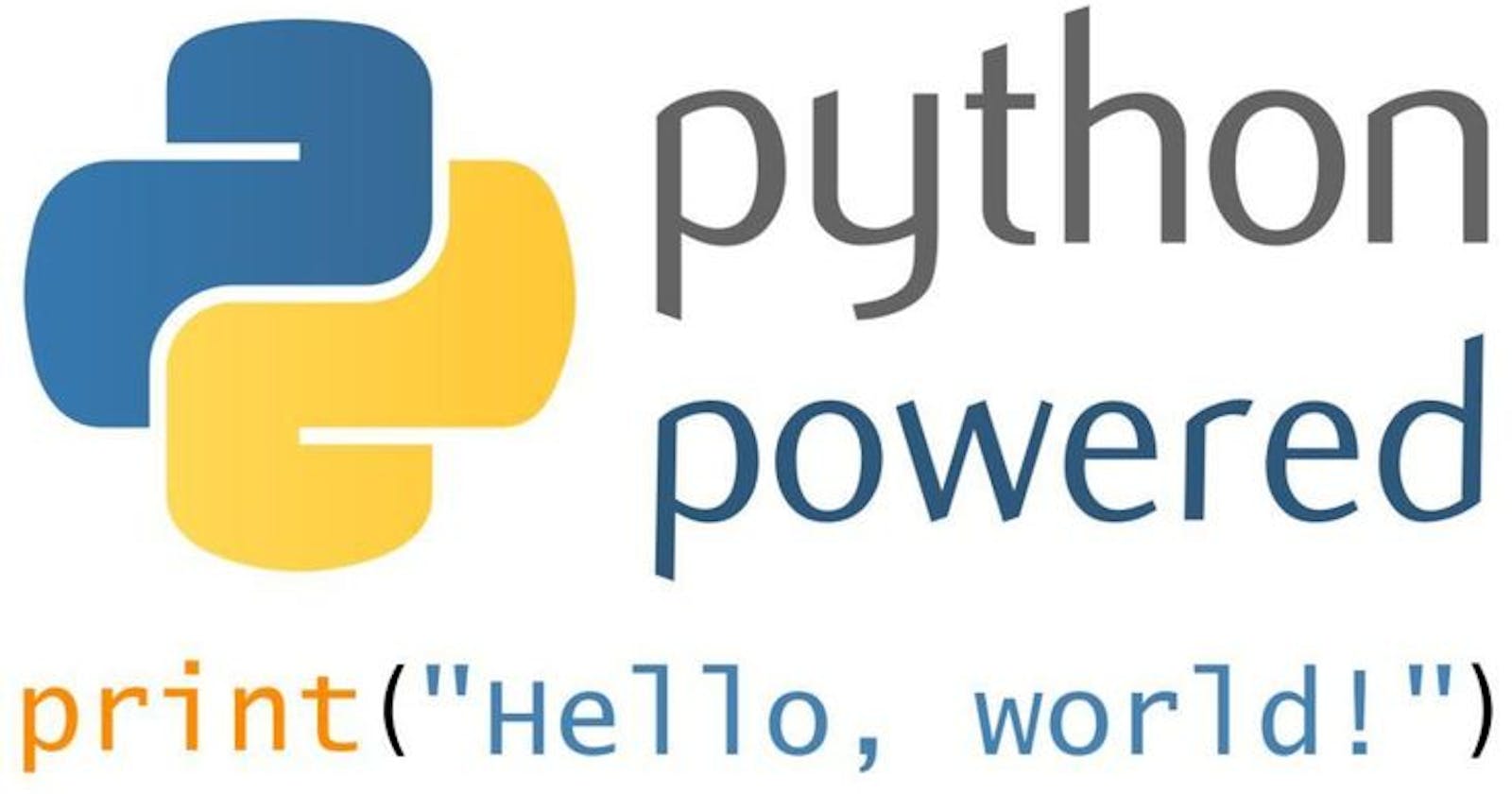Python in Government and Public Policy: Driving Efficiency and Transparency
Unlocking the Potential of Python in Government Operations and Policy Development
Python, a versatile and user-friendly programming language, has been making significant strides in revolutionizing governmental processes worldwide. Its adoption in government and public policy is yielding profound benefits, from enhancing efficiency to promoting transparency.
Efficiency in Government Operations:
Python's simplicity and readability empower government agencies to streamline their operations. With its extensive libraries and frameworks, Python facilitates automating repetitive tasks, reducing manual workload, and minimizing errors. For instance, agencies can utilize Python scripts to automate data processing, generate reports, and efficiently manage administrative tasks. This automation not only saves time and resources but also ensures consistency and accuracy in government processes.
Transparency and Accountability:
Python plays a crucial role in promoting transparency and accountability in government activities. By enabling the development of open-source tools and platforms, Python fosters greater accessibility to government data and information. Citizens and policymakers can leverage Python-based applications to access, analyze, and visualize public datasets, fostering informed decision-making and civic engagement. Additionally, Python facilitates creating web-based dashboards and portals that provide real-time updates on government initiatives, budgets, and performance metrics, enhancing transparency and public trust.
Data Analysis and Policy Development:
Python's robust data analysis capabilities are invaluable for evidence-based policy development and decision-making. Government agencies can utilize Python's libraries such as Pandas, NumPy, and Matplotlib to analyze large datasets, identify trends, and derive actionable insights. By harnessing data-driven approaches, policymakers can formulate more effective policies, allocate resources efficiently, and proactively address societal challenges. Moreover, Python's flexibility allows policymakers to prototype and iterate policy solutions quickly, enabling agile responses to evolving needs and circumstances.
Citizen Engagement and Participation:
Python facilitates citizen engagement and participation in the policymaking process through interactive applications and digital platforms. Government agencies can develop user-friendly web applications using Python frameworks like Django and Flask to gather feedback, conduct surveys, and solicit input from citizens. By providing avenues for public participation, Python-powered platforms empower citizens to voice their opinions, contribute ideas, and collaborate with policymakers, fostering a sense of ownership and inclusivity in governance.
Enhanced Data Security and Privacy:
Python prioritizes data security and privacy, critical aspects of government operations. With its strong encryption libraries and adherence to best practices in cybersecurity, Python enables the development of secure government systems and applications. Government agencies can implement robust authentication mechanisms, encryption protocols, and data access controls using Python, safeguarding sensitive information and ensuring compliance with data protection regulations. By prioritizing data security, Python reinforces public trust in government institutions and protects citizens' privacy rights.
Capacity Building and Skill Development:
Python's widespread adoption in government creates opportunities for capacity building and skill development among public sector professionals. Government agencies can invest in training programs and workshops to equip employees with proficiency in Python programming and data analysis. By fostering a culture of continuous learning and innovation, governments can enhance the technical capabilities of their workforce and cultivate a talent pool adept at leveraging Python for solving complex challenges. Furthermore, by embracing Python, governments can attract top talent from the technology sector, enriching their talent pool with diverse expertise and perspectives.
International Collaboration and Knowledge Sharing:
Python serves as a common language for international collaboration and knowledge sharing among governments and organizations worldwide. By standardizing on Python for data analysis, software development, and automation, governments can facilitate seamless collaboration and interoperability across borders. Python's open-source nature encourages knowledge sharing and collaboration within the global community, enabling governments to leverage best practices, share resources, and accelerate innovation in public policy and governance.
Conclusion:
Python's versatility, accessibility, and robust capabilities make it a valuable tool for driving efficiency and transparency in government and public policy. From automating routine tasks to fostering citizen engagement, Python empowers governments to deliver services more effectively, make informed decisions, and build trust with citizens. As governments continue to embrace digital transformation, Python will remain at the forefront, powering innovation and enabling a more efficient, accountable, and inclusive government for all.
With Python's continued integration into governmental processes, the future holds promise for enhanced efficiency, transparency, and citizen participation in shaping public policies and governance. Python Training Institute in Lucknow, Indore, Gwalior, Delhi, Noida, and other cities in India play a crucial role in equipping individuals with the necessary skills to leverage Python effectively in government and public sector roles, contributing to the advancement of digital governance across the country.
